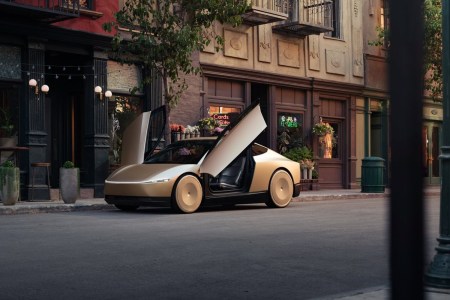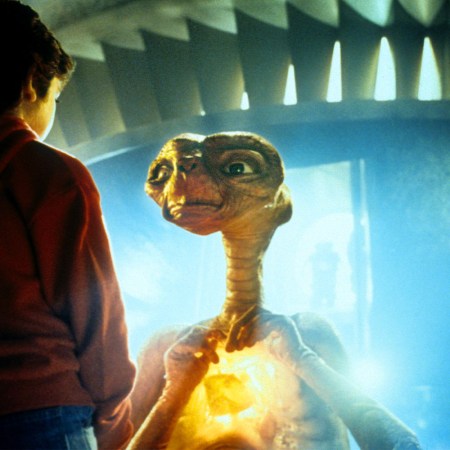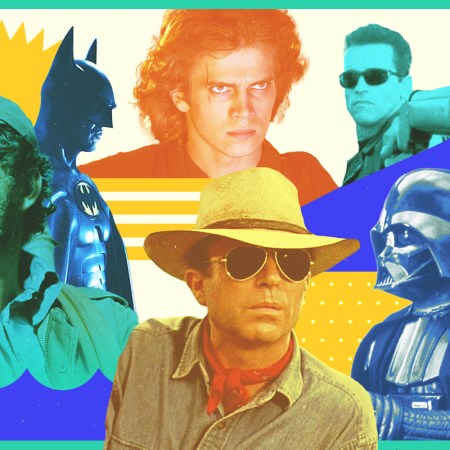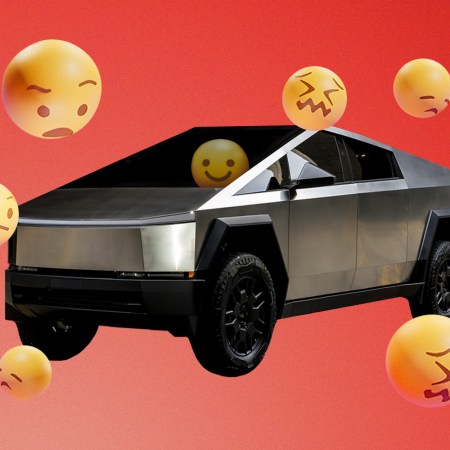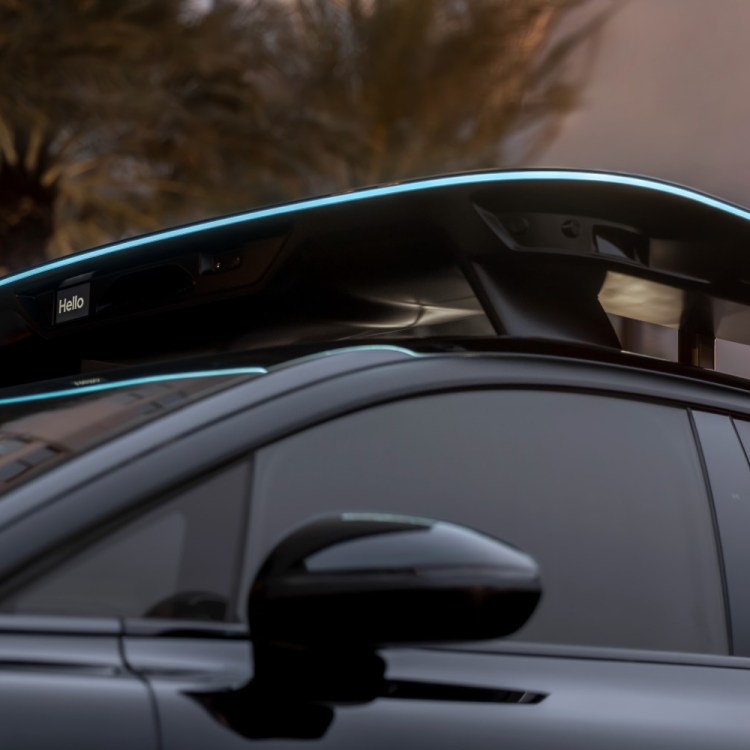There’s a long tradition of the technology in science fiction films inspiring technology in the real world. One prominent example: how touch interfaces went from ubiquitous in Minority Report to ubiquitous in everyday life. However, there’s a fine line between inspiration and ripping something off without credit — and a new lawsuit could go a long way towards determining that line
This lawsuit doesn’t relate to Minority Report, but instead to a different film rooted in the works of Philip K. Dick: the 2017 film Blade Runner 2049. As Brooks Barnes of The New York Times reports, the production company Alcon Entertainment — which has owned the rights to all things Blade Runner since 2011 — accused Tesla of copying imagery from Blade Runner 2049 when it debuted its Cybercab earlier this month.
Specifically, the lawsuit names Tesla, CEO Elon Musk and Warner Bros. Discovery — which hosted the Cybercab unveiling event — as defendants. The lawsuit is especially blunt in its description of Tesla’s behavior. As Reuters reported, Alcon’s lawsuit states that Tesla had requested permission to use an image from Blade Runner 2049 in the marketing event.
“Alcon refused all permissions and adamantly objected to Defendants suggesting any affiliation between BR2049 and Tesla, Musk or any Musk-owned company,” the lawsuit reads. “Defendants then used an apparently AI-generated faked image to do it all anyway.”
How Seriously Should We Take Elon Musk’s Cybercab Promises?
Tesla has scaled back its ambitions beforeThis lawsuit is also eminently critical of Musk himself, citing his “massively amplified, highly politicized, capricious and arbitrary behavior, which sometimes veers into hate speech.” It’s worth pointing out here that this isn’t the first time Musk has been accused of using AI to generate controversial imagery.
There’s also a more straightforward financial reason behind Alcon’s lawsuit: the company cites potential confusion over its forthcoming Blade Runner 2099 streaming series as one of the ways the Cybercab imagery caused them harm.
This article appeared in an InsideHook newsletter. Sign up for free to get more on travel, wellness, style, drinking, and culture.

